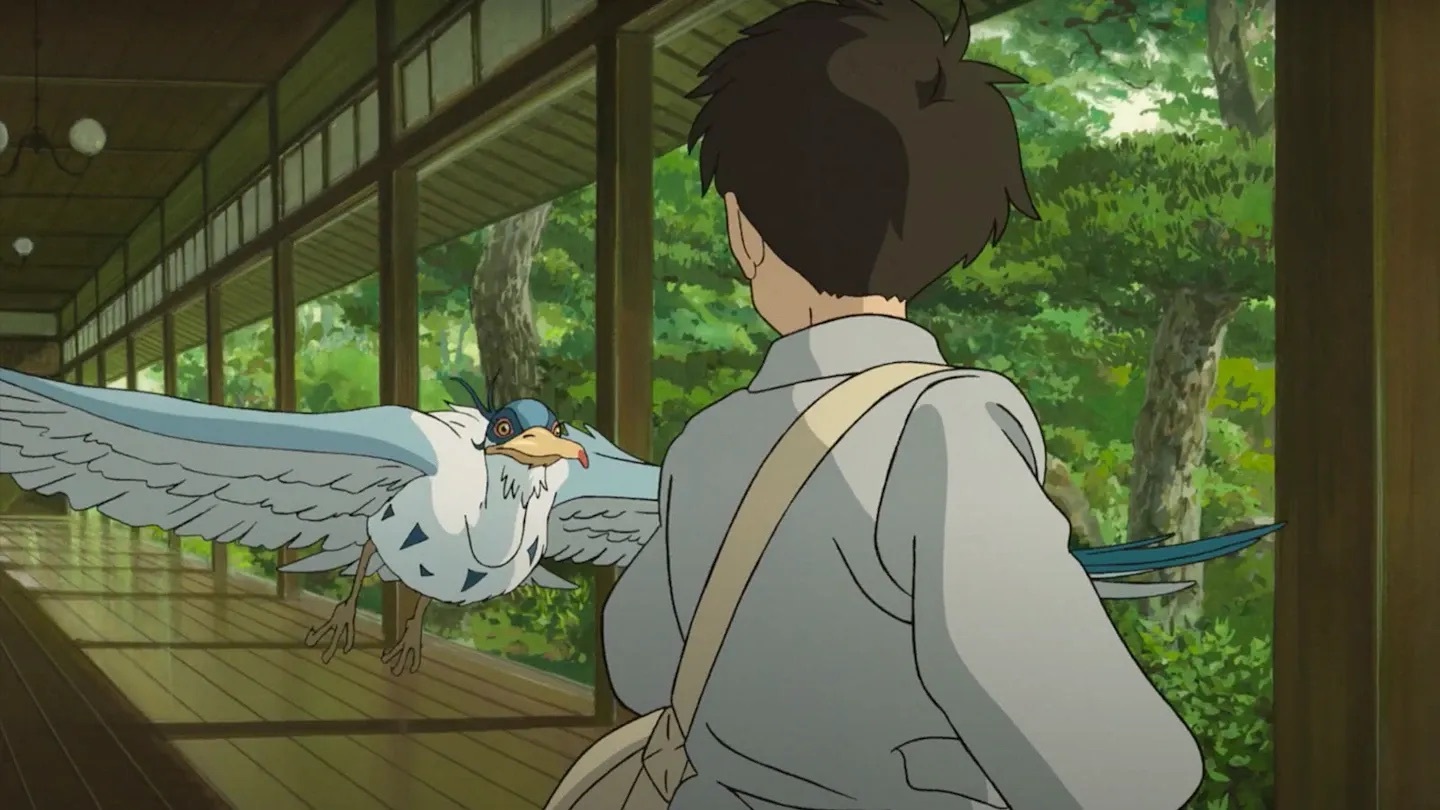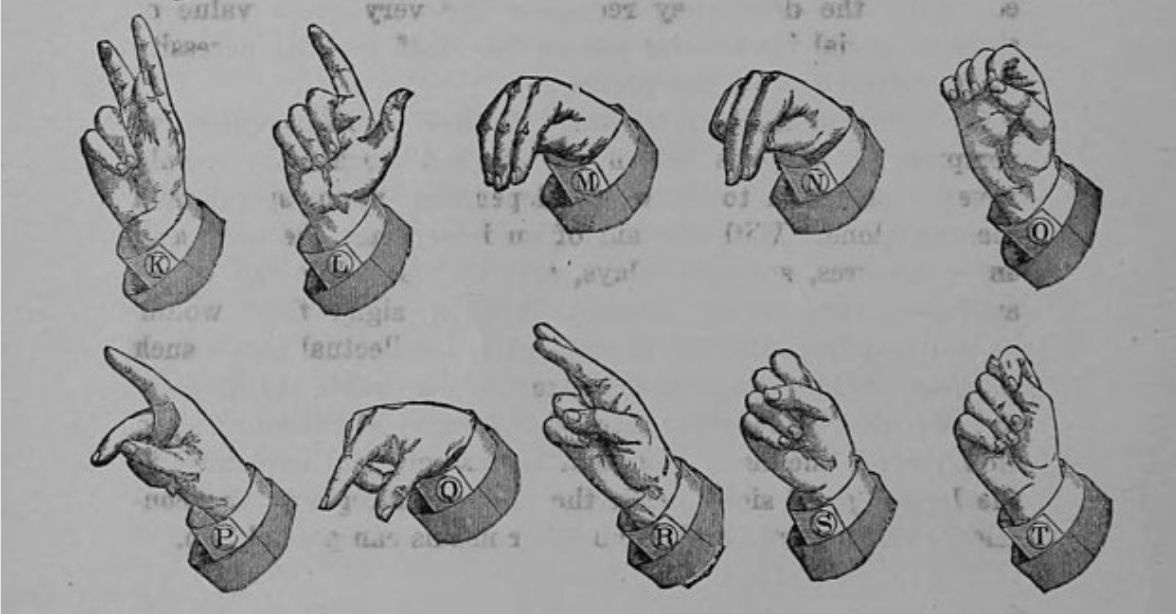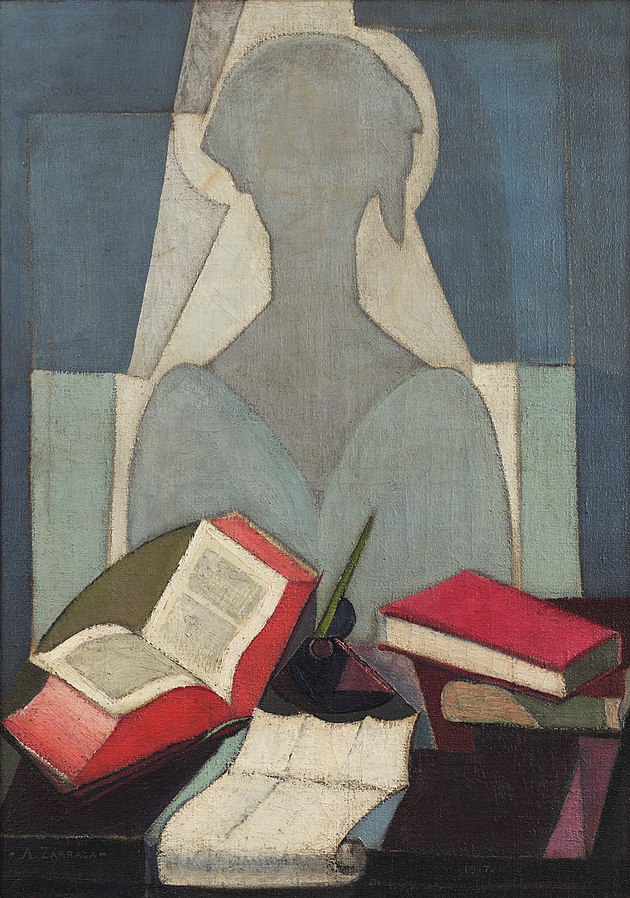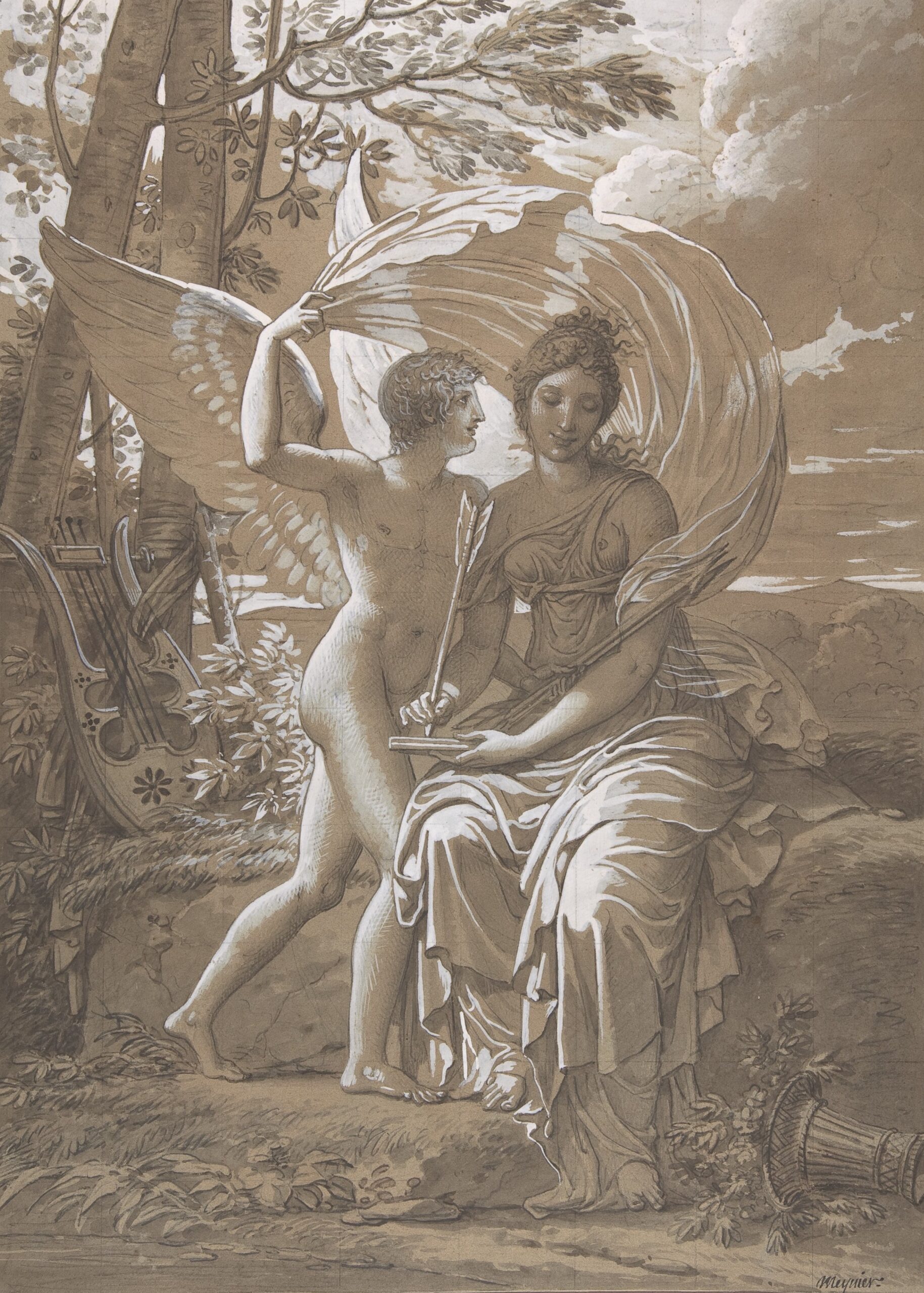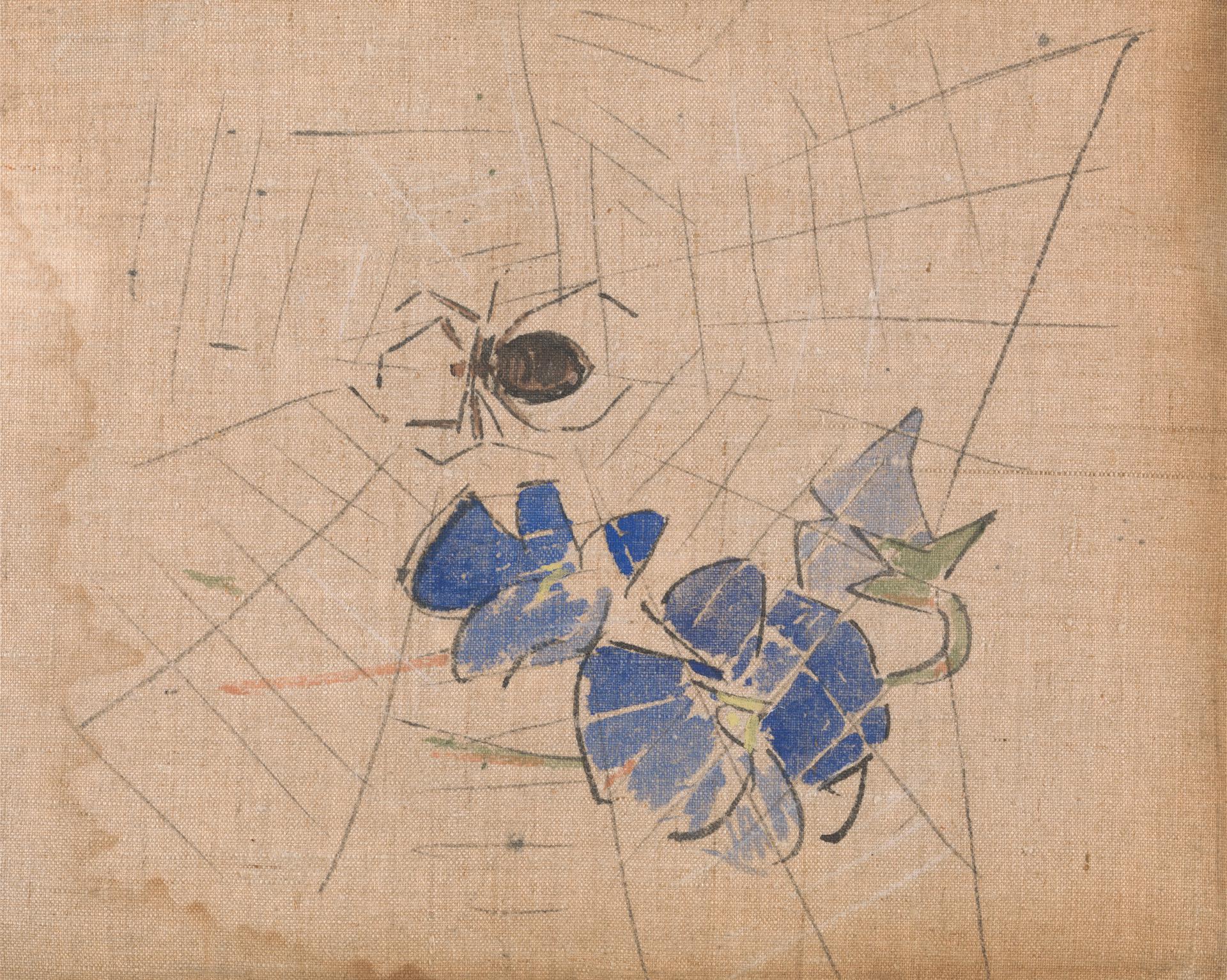
Imagine a man introducing himself to you, repeatedly. The man is a novelist, and he tells you that he is going to fill you in about his novels. This he does, in part — but he also frequently digresses, informing you about some particular of lepidoptery — the collecting and studying of butterflies — or else waxes lyrical about the game of chess. In the course of telling you about his writings, he regularly seems to be insulting your own ability to read. He is certainly insulting towards readers by profession — critics, academics — and he also has many unkind words for some of the most celebrated writers in modern history. Yet despite the condescension, there is some residual warmth in his words.
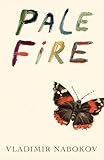
 This man is Vladimir Vladimirovich Nabokov, author of Lolita and Pale Fire and well over a dozen other novels. At least, this is Nabokov as you might read him across the many forewords and introductions that he wrote for his own works. It is a strange thing that an author should find himself in the position of introducing his own writing as thoroughly and as many times as was Nabokov, and it might be equally as strange, too, that any author should want to do so. But the fact remains that, after the enormous and explosive success of Lolita in 1955, and as he and his son Dmitri Nabokov were beginning the process of translating the first of his Russian novels into English in 1959, Nabokov, aged 60, took it upon himself to acquaint properly his English-speaking readers with his works.
This man is Vladimir Vladimirovich Nabokov, author of Lolita and Pale Fire and well over a dozen other novels. At least, this is Nabokov as you might read him across the many forewords and introductions that he wrote for his own works. It is a strange thing that an author should find himself in the position of introducing his own writing as thoroughly and as many times as was Nabokov, and it might be equally as strange, too, that any author should want to do so. But the fact remains that, after the enormous and explosive success of Lolita in 1955, and as he and his son Dmitri Nabokov were beginning the process of translating the first of his Russian novels into English in 1959, Nabokov, aged 60, took it upon himself to acquaint properly his English-speaking readers with his works.
 Nearly all of the nine forewords to the translations, beginning with Invitation to a Beheading (first published in Russian in 1936), address the fact that the novels are the products of an artist in exile. The wealthy aristocratic Nabokov family was, when the writer was young, forced to flee Russia during the Bolshevik revolution in 1917. They took up in London at first (and Vladimir and his brother attended university in Cambridge) before they settled in Berlin. During the Berlin years, Nabokov lost his father to a political assassination, and gained a wife, the love of his life, Véra Nabokov. Nabokov spent 15 years in Berlin, the city where he published the majority of his Russian-language novels — novels that feature the haunting cityscapes of Nabokov’s Berlin, but which were also part of the author’s ongoing long-distance relationship with the Russia he had left behind. “What joy!” he wrote in a letter of the period, on the occasion of remembering his home country; “What agony, what heart-rending, provoking, inexpressible agony.” But with mounting political tensions in Berlin at the end of the ’30s, the Nabokovs were once more forced to emigrate — first to France, and then, in 1940, to the United States. From that point on, he wrote all his novels in English.
Nearly all of the nine forewords to the translations, beginning with Invitation to a Beheading (first published in Russian in 1936), address the fact that the novels are the products of an artist in exile. The wealthy aristocratic Nabokov family was, when the writer was young, forced to flee Russia during the Bolshevik revolution in 1917. They took up in London at first (and Vladimir and his brother attended university in Cambridge) before they settled in Berlin. During the Berlin years, Nabokov lost his father to a political assassination, and gained a wife, the love of his life, Véra Nabokov. Nabokov spent 15 years in Berlin, the city where he published the majority of his Russian-language novels — novels that feature the haunting cityscapes of Nabokov’s Berlin, but which were also part of the author’s ongoing long-distance relationship with the Russia he had left behind. “What joy!” he wrote in a letter of the period, on the occasion of remembering his home country; “What agony, what heart-rending, provoking, inexpressible agony.” But with mounting political tensions in Berlin at the end of the ’30s, the Nabokovs were once more forced to emigrate — first to France, and then, in 1940, to the United States. From that point on, he wrote all his novels in English.

 What do the manifold forewords to his translated works tell us about reading Nabokov’s novels? One of their most striking and most consistent features is not that they are an exercise in how to read, but rather that they instruct in how not to misread. That is to say, Nabokov’s phrasing is often extremely negative. Take his remarks upon himself in the foreword to Bend Sinister:
What do the manifold forewords to his translated works tell us about reading Nabokov’s novels? One of their most striking and most consistent features is not that they are an exercise in how to read, but rather that they instruct in how not to misread. That is to say, Nabokov’s phrasing is often extremely negative. Take his remarks upon himself in the foreword to Bend Sinister:
I am not ‘sincere,’ I am not ‘provocative,’ I am not ‘satirical.’ I am neither a didacticist nor an allegorizer. Politics and economics, atomic bombs, primitive and abstract art forms, the entire Orient, symptoms of ‘thaw’ in Soviet Russia, the Future of Mankind, and so on, leave me supremely indifferent.
This litany of “am nots” is extraordinary, but not unique in the forewords. Nabokov elsewhere repeatedly insists, as he does in Bend Sinister, that his books “are not carriers of this or that ‘idea.’” “Despair,” for instance, “in kinship with the rest of my books, has no social comment to make, no message to bring in its teeth.” Nabokov’s warning: do not hunt for truth! You will only come away disappointed, or (more importantly for him) with the wrong idea about the author.
Not content with turning the reader away from social and political truth, Nabokov also wants to dissuade us from drawing comparison between himself and other writers. “Spiritual affinities,” he writes, in the foreword to Invitation to a Beheading, “have no place in my conception of literary criticism.” And it is just as well that Nabokov is unlike other writers, because the majority of the so-called “greats” are anything but great in his eyes. For him, “Literature of Ideas,” is nothing other than “topical trash coming in huge blocks of plaster” (he has in mind Honoré de Balzac, Maxim Gorky, and Thomas Mann). Franz Kafka and George Orwell are repeatedly presented as opposites: Kafka the “great German writer,” Orwell “the mediocre English one.” Kafka “that great artist,” Orwell a purveyor of “illustrated ideas and publicistic fiction.” Some of Nabokov’s best, most barbed comments in the forewords relate to his fellow writers:
I presume there exist readers who find titillating the display of mural words in those hopelessly banal and enormous novels which are typed out by the thumbs of tense mediocrities and called ‘powerful’ and ‘stark’ by the reviewing hack. (Lolita)
 This is an especially cutting statement. Not content with assaulting the Literature of Ideas, Nabokov has turned his gaze to the judgment of reviewers and readers. It is this kind of outrageous comment that, in the forewords, bleeds into Nabokov’s actual and direct insults to the intellect of his readers. Here, for example, is how Nabokov introduces hints about the coded imagery of The Luzhin Defense in its foreword: “I would like to spare the time and effort of hack reviewers — and, generally, persons who move their lips when reading and cannot be expected to tackle a dialogueless novel.” This is cutting, to be sure, and it is also very funny. But there is a more significant feature here, which is that the hints and tips he is about to share with us, the things we might have missed in the novel, are not real. He describes things that are simply not in the novel. We must, by necessity, all join the ranks of lip-moving readers, because there is no way we could have caught Nabokov’s uncatchable details.
This is an especially cutting statement. Not content with assaulting the Literature of Ideas, Nabokov has turned his gaze to the judgment of reviewers and readers. It is this kind of outrageous comment that, in the forewords, bleeds into Nabokov’s actual and direct insults to the intellect of his readers. Here, for example, is how Nabokov introduces hints about the coded imagery of The Luzhin Defense in its foreword: “I would like to spare the time and effort of hack reviewers — and, generally, persons who move their lips when reading and cannot be expected to tackle a dialogueless novel.” This is cutting, to be sure, and it is also very funny. But there is a more significant feature here, which is that the hints and tips he is about to share with us, the things we might have missed in the novel, are not real. He describes things that are simply not in the novel. We must, by necessity, all join the ranks of lip-moving readers, because there is no way we could have caught Nabokov’s uncatchable details.
If, therefore, we are expecting the forewords to be some safe space, untainted by the lies and mistruths of the novel form, we should clearly think twice. The foreword is, for Nabokov, a place in which to play as much as any of his more properly fictitious works — at times more so — and Nabokov delights in blurring the line between the inside and the outside of a text. Consider Pale Fire, a 999-line poem that only becomes anything like a “novel” once it is read within the frame of the preceding (fictional) foreword and the subsequent (fictional, and greatly substantial) commentary text. Or consider Lolita, in which the fate of the novel’s male and female leads is only revealed, subtly and in an off-hand manner, within its own fictional foreword. This foreword, an academic pastiche penned by one “John Ray, Jr., Ph.D.,” has got the better of at least one major publisher to date — Penguin had thousands of copies of its deluxe hardback reissue of Lolita pulped after the publishing house discovered that the foreword — which it had mistaken for an academic yawn from yesteryear and had chosen to discount — was in fact a vital part of the novel. Major online booksellers still, confusingly, list “John Ray” as a secondary author of the Penguin edition.
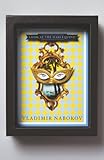 But perhaps we should have a little pity on the wayward printers of Nabokov’s novels. After all, he hardly made it easy to determine text from paratext in his works, and he made it all the more difficult with his later fore/aftword “Vladimir Nabokov on a Book Entitled Lolita” (it would surely have been a foreword had it not interfered with the fictional one already in place). The essay, tucked at the back of reprints of the novel, begins: “After doing my impersonation of suave John Ray…any comments coming straight from me may strike one == may strike me, in fact — as an impersonation of Vladimir Nabokov talking about his own book.” Vladimir Nabokov: author, narrator, object, reader (“may strike me, in fact!”). Nabokov’s presence is, at such moments, discernible at every layer of his book, and this ensures that we can never be certain where he really is — or isn’t. He toys with this a lot. Here is, for instance, the amusing table of “Other Books by the Narrator” from the first pages of Look at the Harlequins! (1974), the last novel published before his death:
But perhaps we should have a little pity on the wayward printers of Nabokov’s novels. After all, he hardly made it easy to determine text from paratext in his works, and he made it all the more difficult with his later fore/aftword “Vladimir Nabokov on a Book Entitled Lolita” (it would surely have been a foreword had it not interfered with the fictional one already in place). The essay, tucked at the back of reprints of the novel, begins: “After doing my impersonation of suave John Ray…any comments coming straight from me may strike one == may strike me, in fact — as an impersonation of Vladimir Nabokov talking about his own book.” Vladimir Nabokov: author, narrator, object, reader (“may strike me, in fact!”). Nabokov’s presence is, at such moments, discernible at every layer of his book, and this ensures that we can never be certain where he really is — or isn’t. He toys with this a lot. Here is, for instance, the amusing table of “Other Books by the Narrator” from the first pages of Look at the Harlequins! (1974), the last novel published before his death:
In Russian:
Tamara (1925)
Pawn Takes Queen (1927)
Plenilune (1929)
Camera Lucida (Slaughter in the Sun) 1931
The Red Top Hat (1934)
The Dare (1950)In English:
See Under Real (1939)
Esmeralda and Her Parandrus (1941)
Dr. Olga Repnin (1946)
Exile from Mayda (1947)
A Kingdom by the Sea (1962)
Ardis (1970)

 You don’t need a depth of knowledge about Nabokov to recognise that those are all transformations of his own novels, and that his narrator (Vadim) is a sort of Dostoevskian doubling of the author himself. Lolita becomes A Kingdom by the Sea, lifted from the second line of Edgar Allan Poe’s “Annabel Lee” (Humbert Humbert claims that the precursor to Lolita was an “Annabel Leigh”). Some are Russian puns — Nabokov’s The Gift was Dar in Russian, here The Dare of 1950. My favorite is Camera Obscura, which went under the title of Laughter in the Dark in the U.K, and is here receives the subtitle Slaughter in the Sun. The point of such paratextual fancies is to have us question whether a book really begins on its title page, whether it really ends on the words “THE END.”
You don’t need a depth of knowledge about Nabokov to recognise that those are all transformations of his own novels, and that his narrator (Vadim) is a sort of Dostoevskian doubling of the author himself. Lolita becomes A Kingdom by the Sea, lifted from the second line of Edgar Allan Poe’s “Annabel Lee” (Humbert Humbert claims that the precursor to Lolita was an “Annabel Leigh”). Some are Russian puns — Nabokov’s The Gift was Dar in Russian, here The Dare of 1950. My favorite is Camera Obscura, which went under the title of Laughter in the Dark in the U.K, and is here receives the subtitle Slaughter in the Sun. The point of such paratextual fancies is to have us question whether a book really begins on its title page, whether it really ends on the words “THE END.”
And what about Nabokov’s “hack reviewers” and critics? It might seem surprising, to anyone with an academic background at least, that there exists no work of “Collected Prose” with all his introductions, nor “Nabokov: The Forewords.” But perhaps his academic readers are shamed into inactivity by the forewords themselves; they are, after all, an attempt to get in the last word in an ongoing dispute between author and critic. And critics, academics, and reviewers take a beating in Nabokov’s pre- and post-ambles. The essay on Lolita tuts over the “careless” approach of reviewers; after noting a few niceties in his own book that critics appear to have missed, Nabokov grumbles “It is most embarrassing for a writer to have to point out such things himself.” The essay itself is a warning against tiresome interrogation by academics: “Teachers of literature are apt to think up such problems as ‘What is the author’s purpose?’ or still worse ‘What is this guy trying to say?’” It is worth remembering that both Nabokov and Humbert Humbert were teachers of literature at universities — “English literature, where so many poets end as pipe-smoking teachers in tweeds.” Perhaps the most damning anti-critical comment of this kind, though, is found in the surprisingly self-reflexive foreword to Bend Sinister:
Well-wishers will bring their own symbols and mobiles, and portable radios, to my little party; ironists will point out the fatal fatuity of my explications in this foreword, and advise me to have footnotes next time (footnotes always seem comic to a certain kind of mind). In the long run, however, it is only the author’s private satisfaction that counts.
Is it indeed! We are on the threshold of a novel, and here is its author telling us pre-emptively that our response to it will not count. We can do all the symbol-hunting we want, but this book remains Nabokov’s party.
Amongst the schools of literary criticism, psychoanalysis is uniquely singled out for a stern thrashing by Nabokov. In fact, Sigmund Freud’s name appears in almost every one of the forewords, and where he is not named he is alluded to. Let’s savour just a few choice dismissals:
All my books should be stamped Freudians, Keep out. (Bend Sinister)
The Viennese delegation has not been invited. If, however, a resolute Freudian manages to slip in, he or she should be warned that a number of cruel traps have been set here and there in the novel. (King, Queen, Knave)
My books are not only blessed by a total lack of social significance, but they are also mythproof: Freudians flutter around them avidly, approach with itching oviducts, stop, sniff and recoil. (The Eye)
The disciples of the Viennese witch-doctor will snigger over it in their grotesque world of communal guilt and progresivnoe education. (Invitation to a Beheading)
The attractively shaped object or Wiener-schnitzel dream that the eager Freudian may think he distinguishes in the remoteness of my wastes will turn out to be on closer inspection a derisive mirage organized by my agents. (Despair)
The little Freudian who mistakes a Pixlok set for the key to a novel will no doubt continue to identify my characters with his comic-book notion of my parents, sweethearts and serial selves. (The Luzhin Defense)
At the close of the catalogue, we have a portrait of a man who loathed the idea that some autonomous scholar with training in psychoanalysis might rummage around in his works and discover, against the author’s wishes, some unplanned truth or other. Part of the grumble relates to method. As Nabokov writes in the essay on Lolita:
Everybody should know that I detest symbol and allegories (which is due partly to my old feud with Freudian Voodooism and partly to my loathing of generalizations devised by literary mythists and sociologists.
Actually, Freudian Voodooism and literary critical generalizations amount to much the same thing in Nabokov. In his famous lecture on “Good Readers and Good Writers,” he tells us that “In reading, one should notice and fondle details. There is nothing wrong about the moonshine of generalization when it comes after the sunny trifles of the book have been lovingly collected.” For Nabokov, Freud and his ilk were getting it the wrong way round, by hurling ideas at the human mind or at a book, and trying to make them stick.
But ultimately, Nabokov’s contempt for psychoanalysis seems less a critique of the validity of the psychoanalytic method (though it is in part that), but more a real anxiety on his part. By attacking Freud so thoroughly and so consistently, he expresses a real fear that his works might be misinterpreted or wrongly appropriated (surely Freud would have plenty to say about the surfacing and resurfacing of this very anxiety?). Nabokov is also clearly and deeply concerned about his own reputation, and that, above all, is what the forewords are: a steady and consistent retroactive effort to save face. After the storms of Lolita, Nabokov’s name would forever be associated with the themes of his novel, and commentators would routinely suggest that Humbert Humbert and his author were closer in nature than Nabokov would have liked people to know (Nabokov recalls in a letter a suspicious sea captain who wanted to know why the author had chosen such a salacious subject — “he was rather calé on Freud; he had not read Lolita”). Nabokov knows as well as any follower of Freud that there is plenty to be read into the often outrageous content of his works — perhaps the best he can do is resignedly play games with readers who are interested in analyzing his psyche through his prose. Consider the foreword to his own “literalist” translation of Eugene Onegin, in which he takes to task reviewers who praise above all else “readability: “’Readable,’ indeed! A schoolboy’s boner mocks the ancient masterpiece less than does its commercial poetization.” Whatever we think of the criticism, this is an intrusion rendered hilarious through its lack of necessity, and one might well wonder what Freud would have said.
 Beyond baiting psychoanalysts, what did Nabokov want to achieve with his various forewords? The further bafflement of his readers? The presentation of the “right sort” of truth? Probably he wanted precisely the proliferation of questions I am now asking, and not to provide answers. The forewords are, at any rate, a sort of literary mask — the “impersonation of Vladimir Nabokov” — and it is one that extends well beyond Nabokov’s writings and into his life. It is well known that Nabokov meticulously prepared answers to television interviews; he explains, in a foreword to the collection of his essays and interviews Strong Opinions, that “I think like a genius, I write like a distinguished author, and I speak like a child.” He would prepare a “typescript to be presented as direct speech” for his in-print interviewers. In the film Nabokov: My Most Difficult Book, the author, and close friend of Nabokov, Edmund White incisively remarks upon the character of these masks as a product of the fall from aristocratic dignity into the double exile of Germany and then America: “a lot of the aloofness that you see in Nabokov is a kind of wounded pride.”
Beyond baiting psychoanalysts, what did Nabokov want to achieve with his various forewords? The further bafflement of his readers? The presentation of the “right sort” of truth? Probably he wanted precisely the proliferation of questions I am now asking, and not to provide answers. The forewords are, at any rate, a sort of literary mask — the “impersonation of Vladimir Nabokov” — and it is one that extends well beyond Nabokov’s writings and into his life. It is well known that Nabokov meticulously prepared answers to television interviews; he explains, in a foreword to the collection of his essays and interviews Strong Opinions, that “I think like a genius, I write like a distinguished author, and I speak like a child.” He would prepare a “typescript to be presented as direct speech” for his in-print interviewers. In the film Nabokov: My Most Difficult Book, the author, and close friend of Nabokov, Edmund White incisively remarks upon the character of these masks as a product of the fall from aristocratic dignity into the double exile of Germany and then America: “a lot of the aloofness that you see in Nabokov is a kind of wounded pride.”
The wounded pride is that of an émigré writer. After all the humorous huffing and puffing, all the tricks and traps and underhand maneuvers on the author’s part, the forewords exist, after all, to locate the English-language versions of Nabokov’s books within the context of a person in exile. In his essay on Lolita, before he had taken up the task of translating and introducing his previous works, he writes that the best of his Russian novels “are not translated into English, and all are prohibited for political reasons in Russia.” Nabokov believed, at this point, that the readers of his best works didn’t live in Russia, but also that they weren’t native English speakers. They were émigrés. They were the “tremendous outflow of intellectuals that formed such a prominent part of the general exodus from Soviet Russia” that he writes about in the foreword to Bend Sinister. They are outsider readers for an outsider writer, one who, perhaps, never quite managed to come to terms with his own celebrity. He built masks to be playful, yes; but he built masks to stay where he felt comfortable: on the outside.
Image Credit: Wikimedia Commons.











